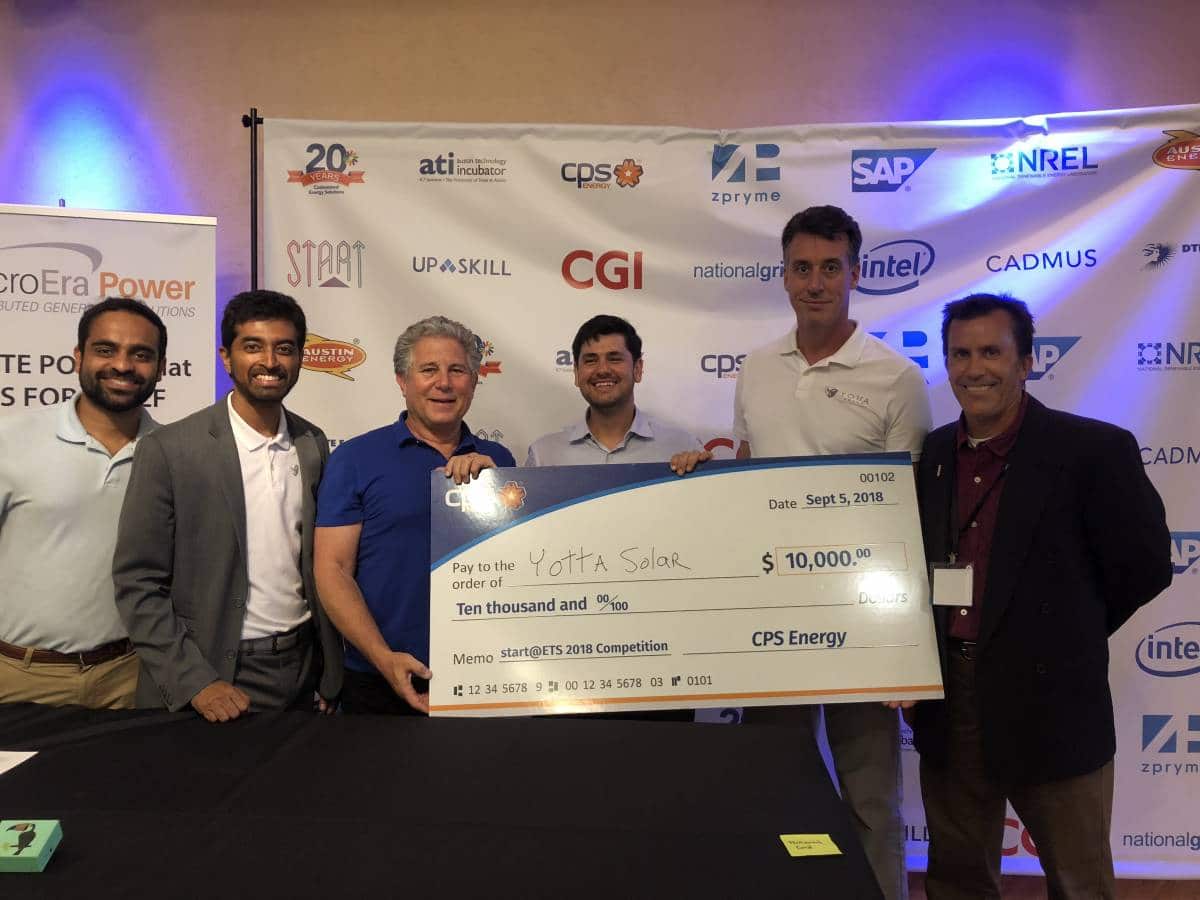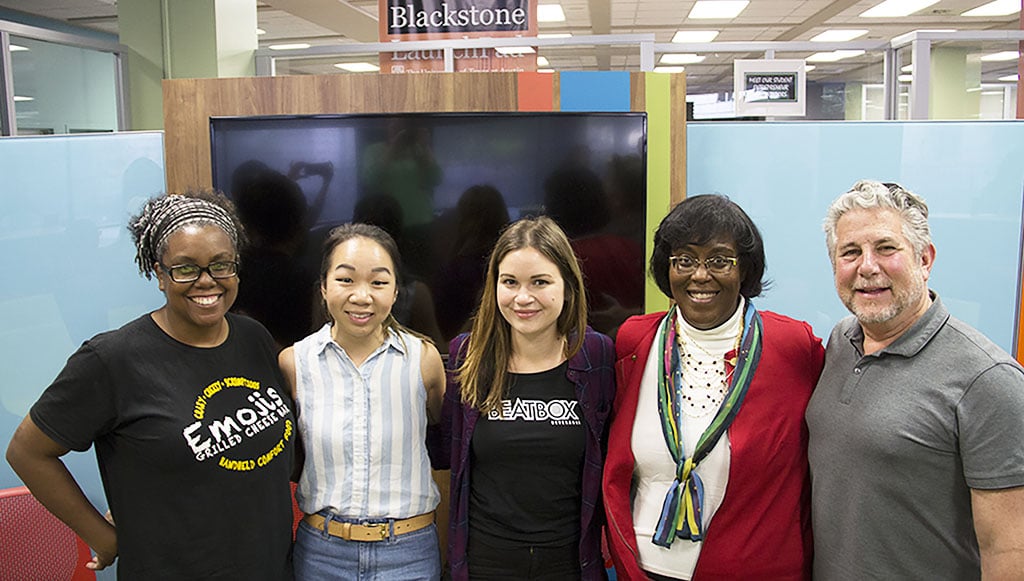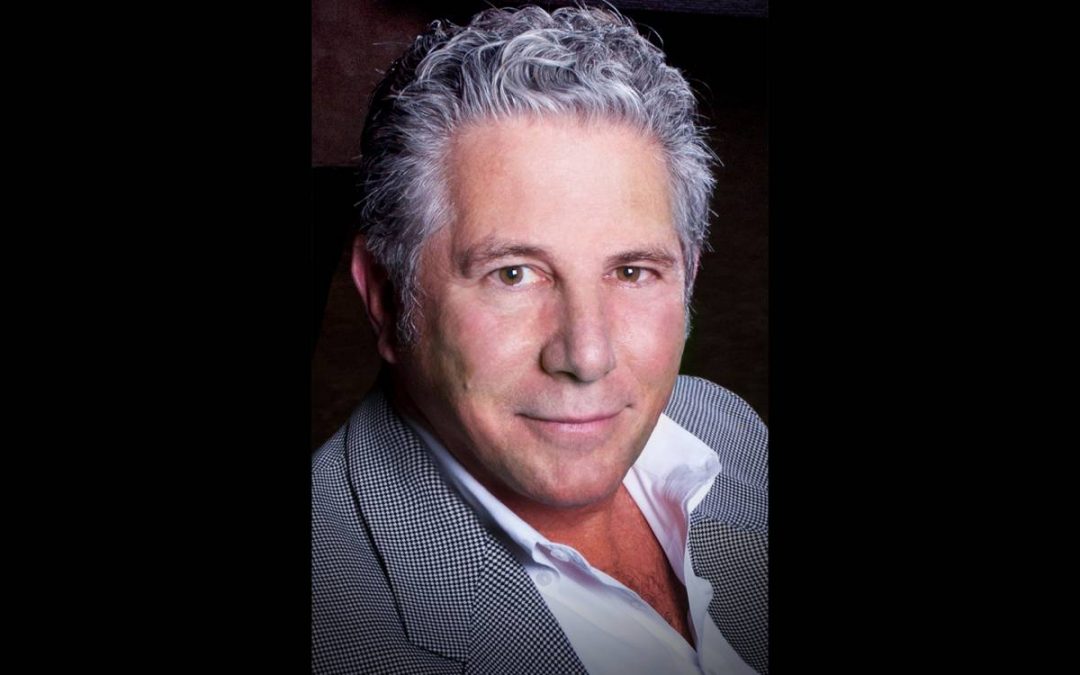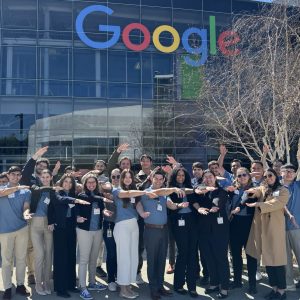Powering the world of new technologies
Mitch Jacobson (BSBA ’80) had doubts about his first job after graduating from the University of Florida Warrington College of Business. Following several interviews with multiple companies, he decided to take a position in sales at then-printing and office equipment giant A.B. Dick.
“I wasn’t sure if I would be a great sales guy,” he laughed.
In his role, he sold offset printers, copy machines and other office equipment to large and small companies alike. After two and a half years, he had actually gotten pretty good at it. More importantly, though, early in his career he was exposed to technology changes that would revolutionize the computer industry forever.
“When I was selling at A.B. Dick, we were selling word processors, which made it easier for companies to produce documents,” he said. “Products like this became the predecessors to modern software. I saw the evolution of the computer industry before my eyes.”
Upon hearing from a friend that Tandy RadioShack had recently opened a computer division, he knew it was time for a career change.
“A light went off, and I saw the future,” he said.

Jacobson with Austin Technology Incubator member company Yotta Solar, a winner at the start@ETS startup competition.
For 30 years, Jacobson continued to work in the computer technology industry, climbing the ladder at RadioShack, Dell Computers and Tech Data. In one of his positions at Dell, Jacobson was tasked with expanding Dell products to countries where the company didn’t yet have a presence and giving people greater access to computers, both of which would lay the groundwork for his passion in developing technologies that make a difference in people’s lives.
With that experience under his belt, and a recent move back to Austin, Texas, Jacobson decided he didn’t just want to work for another company, he wanted to create his own. Coupled with his passion for technology, Jacobson decided to create one of the first angel investment groups in Texas, Eyes of Texas Partners. For seven years, Jacobson’s angel investment group helped early-stage technology companies secure funding, connect with mentors and provide other needed resources to get them up and running.
It was this work that led Jacobson to his current role as Director of the Austin Technology Incubator at the University of Texas at Austin. In this role, Jacobson and his team help early-stage companies find funding by connecting them with assets at the University of Texas and in the central Texas business market. Jacobson also is the Director of the University of Texas at Austin’s Blackstone LaunchPad, a resource for any student at the university that is interested in entrepreneurship.
Many of the Austin Technology Incubator’s companies are focused on clean energy and biotechnologies, areas that Jacobson wasn’t exactly familiar with when he first started in 2009.
“When I first went to my boss now, I said I didn’t know anything about energy, but I knew a lot about business,” he said. “Everything has a business acumen.”

Jacobson with Blackstone LaunchPad student entrepreneurs.
Like with the computer industry, Jacobson saw the potential for growth that the energy field had and how expanding it could make a difference in the lives of many.
“Over the past few years, I’ve felt like I was back in the 80s before the internet started, but this is the future,” he said. “At the Austin Technology Incubator, we focus on what we call deep tech – technology rooted in science that is difficult to invent and requires lots of patience, but will ultimately change the lives of people that utilize them.”
Two areas of deep tech that Jacobson is excited about are energy storage and microgrids, both of which can have an enormous impact on the way people live.
“Electricity is important because it allows people to evolve,” he said. “If people don’t have access to water or electricity, then they stay stagnant. Cities and countries evolve with water and electricity, and with it, their people can become smarter and wealthier.”
While these technologies will take time to perfect, Jacobson has faith that the students he’s working with at the Austin Technologies Incubator and Blackstone LaunchPad will be able to make them, along with their other entrepreneurial ideas, a reality.
“My favorite thing about my job is working with young people,” he said. “They are the next generation of people who are going to make the world right. I look at them and see that there’s hope.”




